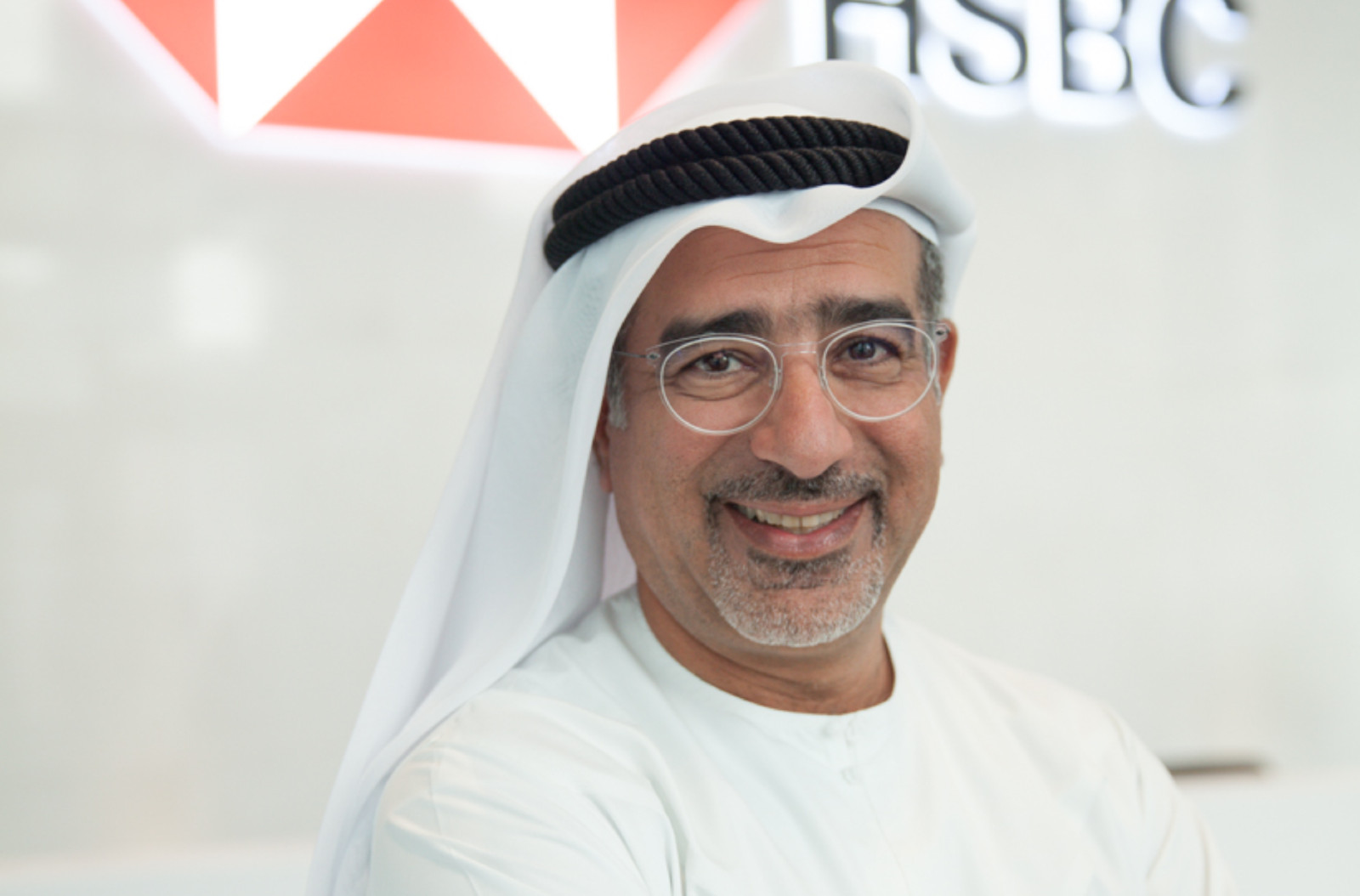The road to COP28 starts here

By Abdulfattah Sharaf
(DUBAI) – Global climate meetings held in Sharm El Sheikh, Egypt over the last two weeks have been about far more than officials, scientists and advisers from governments around the world gathering to restate national net zero targets.
Based on the hundreds of meetings my colleagues and I had with clients, policymakers, investors and entrepreneurs, the talks of the past two weeks have been about the actions being taken now, and the huge ambition that exists, to accelerate investments to achieve a carbon neutral economic future.
Whether from the perspective of the changes needed to keep global warming below 1.5°C, the funding frameworks needed to promote and support technological innovations, or the investment needed to be channeled into adaptation, the conversations were clear: the transition of existing models of economics, business and finance must happen with increasing urgency.
This intense focus at COP27 on the details needed to achieve the transition to a lower carbon economic model has set an unmistakable tone for next year’s COP28 talks that will be held in my home country, the UAE.
And that tone was struck precisely because there was a substantial business contingent at what were the world’s best-attended climate talks to date.
Executives didn’t turn up just to be visible. They turned up because they saw an unbeatable opportunity to meet with the partners who can turn business models of the past into the success stories of the future.
Not a single conversation my colleagues and I had was with an executive planning to go out of business. Our meetings were all about growth, expansion and how companies can gain access to funds in the tns of USD that globally will be flowing into net zero transition for decades to come.
That gives me great confidence in our own pledge as a bank to help the carbon-intensive industries of today invest to create the green business models of the future.
Not that it is going to be easy.
New technologies, new business models or new commercial structures will often fall outside traditional banking risk models.
That’s why HSBC is creating new financial partnerships to fill the gap for projects which fall outside the remit of traditional sources of finance and to focus them in markets with significant infrastructure development needs.
Renewable energy, energy storage, water and waste treatment and sustainable transportation are of great interest, as is the circular economy.
We’ve also made transformational changes across the bank to deliver on our climate strategy and targets.
We’ve committed to aligning the financed emissions from our portfolio to net zero by 2050 or sooner — and we know this can be achieved only in partnership with our customers.
So we’ve set 2030 targets for emissions reduction in different sectors, focusing on the heaviest emitters first.
By working with clients to develop transition plans, we will understand, sector by sector and client by client, how to reach net zero by 2050.
And as our conversations at COP27 made crystal clear, this is an area in which our clients expect us to lead and to be there to support them on their own journeys — to COP28 and beyond.
Abdulfattah Sharaf (LinkedIn) is the CEO of HSBC UAE and head of international markets. HSBC’s column on Enterprise appears every second Monday.